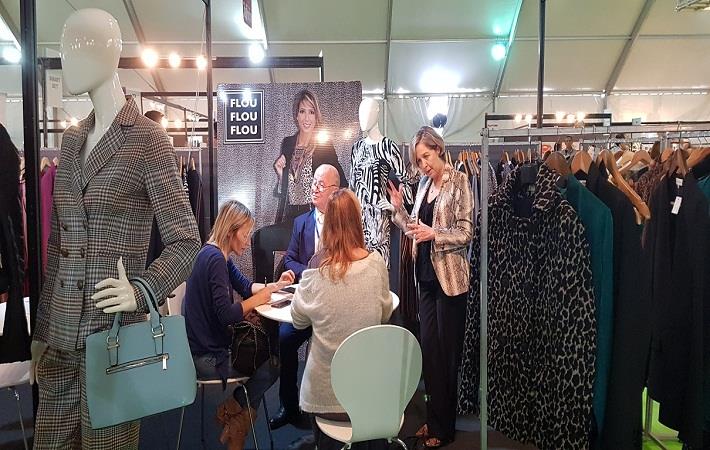
The exhibition will cover an area of around 5,000 square metres on the site of the motor racing circuit Moulay Hassan. It will be organised by Amith, the Moroccan Textile Association in cooperation with Moroccan Foreign Trade Ministry and AMDIE.
The fair will be segmented in the fields of fast fashion, denim, jersey, knit, lingerie, sportswear, leisure wear, technical garments, leather, and shoes. It will be supplemented by special B2B meetings and conferences, which will deal with current production topics. Around 1,500 visitors from all around the world are expected.
The rising production costs in Asian countries make nearshoring countries like Morocco attractive and put them in the focus. The price difference between the production countries decreases continuously.
Especially short-lived trends, which develop from street styles and instagram posts, require a quick response market with short lead times.
For fashion focused companies a quick adaption and offering of trends is essential to stay competitive. These trends spread independently from seasons, the importance of in-season-flexibility increases constantly.
A current McKinsey study sees nearshoring, amongst others, relevant for online retailers. An agile supply chain is very important to master the stability of the business model. For short product development processes and low quantities, nearshoring is the key. Moroccan producers are progressively adjusting to this demand and offering more and more options of low quantity production. The survey of 100 executives in the course of the study shows that 79 per cent of the study’s participants see a shift from offshoring to nearshoring in the future of sourcing.
For 2020 Morocco has set ambitious goals for the expansion of the textile industry. With investments of around €450 million, the Moroccan textile federation wants to create 62,500 new jobs and increase the sales by €1.5 billion. The fields of knit, technical textiles and denim are in special focus. The ecosystems, clusters, which forward the modern production, the design in accordance with international standards, play an important role for the expansion of the textile industry. In this context the denim cluster is taking a leading position and is highly supported in the course of the industrial promotion and sustainable production.
Morocco is a reliable production location through its geopolitical situation as well as its political and social stability. Besides the worldwide leading position as fast fashion champion, Morocco offers fast delivery by land with short-term delivery dates thanks to its proximity to Europe. The shortening of the delivery routes is also a way to reduce the ecological footprint of the companies, an important aspect in the course of sustainable production, a decisive factor for future competitiveness. In addition many producers in Morocco are BSCI and GOTS certified.
Morocco scores as well with an excellent price / performance ratio, through EU agreements production in Morocco is duty free. (PC)
Fibre2Fashion News Desk – India